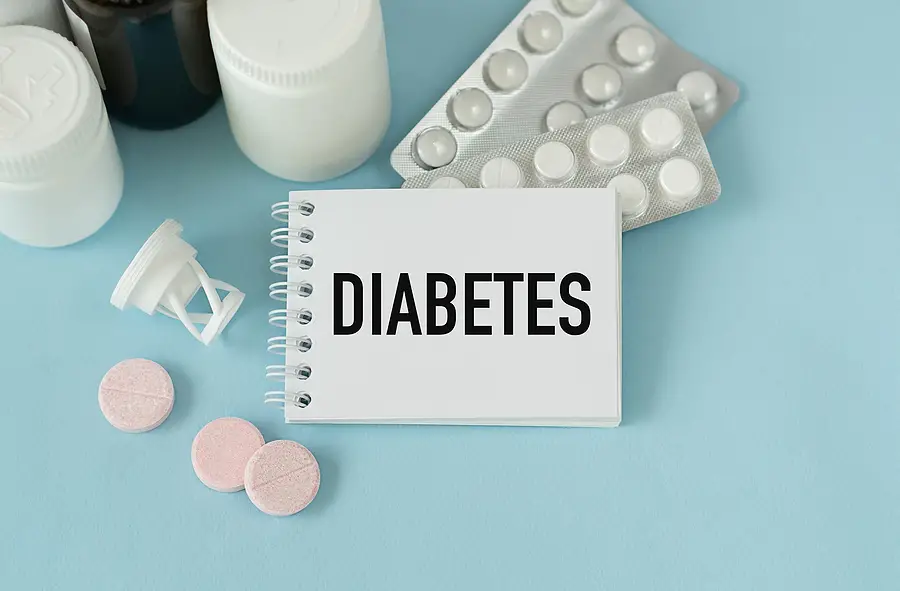Diabetes is a complex and challenging condition that affects millions of people worldwide. From monitoring blood sugar levels to managing medications, those with diabetes have a lot on their plates. But did you know that diabetes can also have an impact on your oral health? It’s true!
How Does Diabetes Affect Oral Health?
Diabetes is a chronic condition that affects millions of people worldwide. While most people are aware of the impact diabetes can have on overall health, many may not realize how it specifically affects oral health. Diabetes can actually have a significant impact on your mouth and teeth, making it crucial to pay extra attention to your oral hygiene.
One way diabetes affects oral health is by increasing the risk of gum disease. High blood sugar levels can impair the body’s ability to fight off bacteria, leading to an increased likelihood of developing infections in the gums. This can cause redness, swelling, tenderness, and even bleeding gums. Additionally, individuals with diabetes may experience dry mouth more frequently. This lack of saliva production creates an ideal environment for bacteria growth and can lead to bad breath as well as an increased risk of tooth decay. Furthermore, diabetes also slows down the healing process in general. If you experience any dental issues, such as cavities or gum infections, they may take longer to heal compared to someone without diabetes.
Tips for Good Oral Health With Diabetes
Maintaining good oral health is important for everyone, but it becomes especially crucial for individuals with diabetes. Since diabetes can impact the body’s ability to control blood sugar levels, it can also increase the risk of oral health problems such as gum disease and tooth decay. However, there are steps that people with diabetes can take to keep their mouths healthy.
It is essential to maintain a strict dental hygiene routine. This includes brushing your teeth at least twice a day with fluoride toothpaste and using dental floss daily. Additionally, incorporating an antibacterial mouthwash into your routine can help reduce plaque and bacteria in your mouth. Regular visits to your dentist are vital when you have diabetes. Make sure to schedule check-ups every six months or as recommended by your dentist. During these visits, inform your dentist about any changes in your medical condition or medications you may be taking.
Controlling blood sugar levels is not only crucial for managing diabetes but also for maintaining good oral health. High blood sugar levels can lead to dry mouth conditions, which increase the risk of cavities and gum disease. Adopting a healthy lifestyle overall will benefit both your general and oral health if you have diabetes. Eating a balanced diet rich in fruits, vegetables, lean proteins, and whole grains will provide the necessary nutrients while reducing the likelihood of developing dental issues.
By following these tips diligently, along with proper management of diabetes under medical guidance, individuals can significantly reduce their risks of experiencing oral health complications associated with this condition.
To learn more about our dental care services or to schedule an appointment with us, contact Premier Dental Connections, New Port Richey, FL, by calling us at (727) 376-2299.






